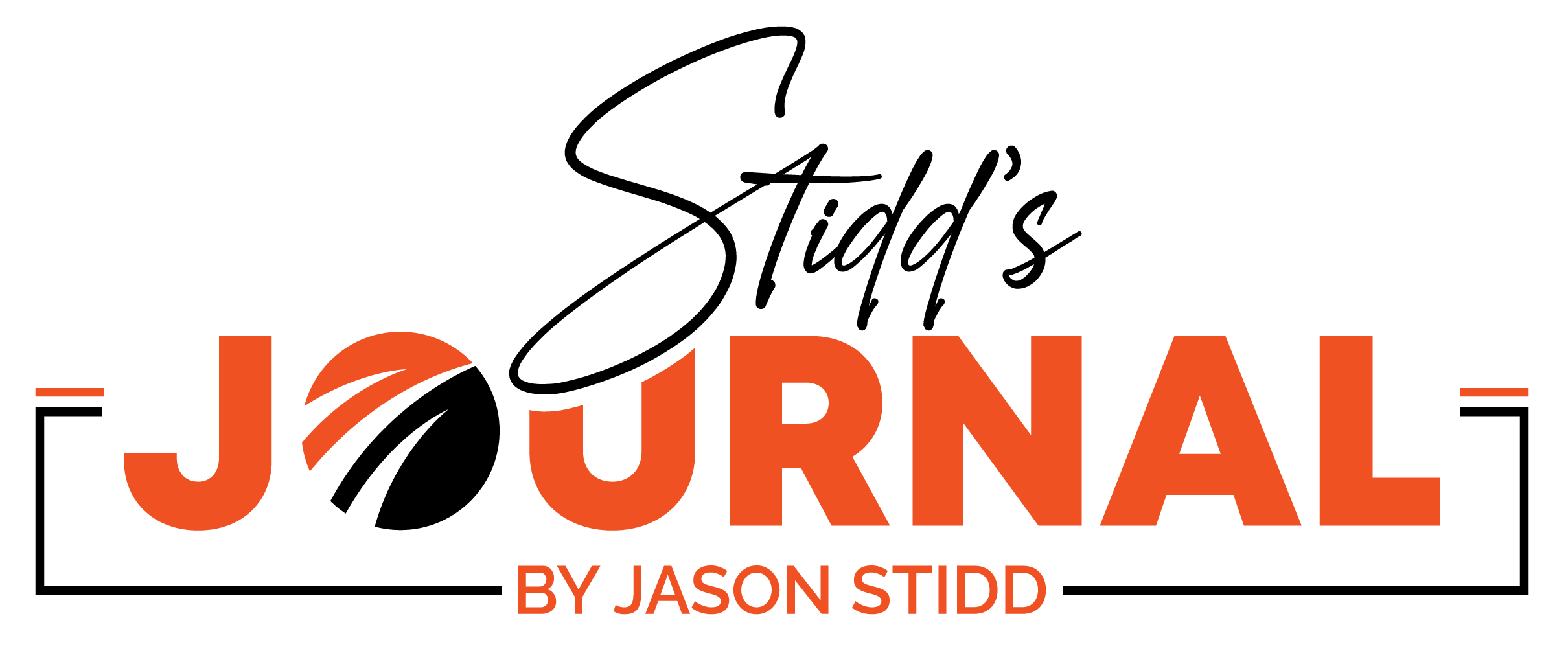Ideas Are Cheap. Execution Is Everything.

Like many people, I’m always trying to come up with valuable ideas — for a business, a project, or something to boost my resume. But over time, I’ve realized that most ideas aren’t actually valuable at all. It’s the execution that creates value — the part that earns money, experience, and recognition. Just look at all the simple ideas done exceptionally well, or the big ideas that go nowhere.
Even when my own ideas aren’t solid, I still gain a lot from trying to build them. Years ago, I had an idea for a web application. I don’t even remember what it was anymore, but it inspired me to learn how to build a site with real substance — one that required user logins and a database. At the time, Ruby on Rails was king, and new tutorials, blogs, and courses were popping up everywhere.
I bought a book, read it cover to cover, and completed every exercise. I learned the basics of Rails, relational databases, and authentication systems. But when it came time to apply it, I was lost. Rails had a lot of “magic” — automatic routes, database migrations, helpers — and I didn’t truly understand what was happening underneath. I didn’t yet grasp the fundamentals of web development.
So I bought an interactive course, and it clicked. Seeing the same concepts explained differently helped me make sense of Rails. Over the next couple of months, I poured every spare hour into building my “million-dollar idea.”
The result? The website wasn’t great — and neither was the idea. But I had a finished product, and more importantly, a much deeper understanding of how frameworks work. That experience laid the foundation for everything that came later.
I can’t even recall the original idea now, but what I learned from it has carried forward. After Rails, I explored Java, C, and C++. I eventually landed a job building PHP websites. Later, when the opportunity came, I started using Go (which was the “cool new language” at the time — and one I still love). Since then, I’ve built projects in PHP, Go, Node, Python, and C++.
Sure, I haven’t made that million dollars yet. But I do have a great job building web applications — all because I taught myself how to execute on a bad idea.
Sometimes I wonder what would happen if I ever stumbled on a billion-dollar idea. Would I now have the skills to execute it well? My brother and I once had an idea for a website where people could share photos with family and friends. I didn’t know how to build it back then, and while I was learning, Instagram appeared and took off.
Would I have built the next Instagram? Probably not. Photo sharing had potential, but I wasn’t prepared to execute it.
That’s why I believe we shouldn’t wait for the perfect idea to start building something. Just start with what’s on your mind right now. The momentum you gain from small, imperfect projects will prepare you for bigger ones — or for opportunities you didn’t see coming.
There’s always a risk of over-investing in the wrong idea. But if you start organically, learning as you go, you’ll quickly know whether it’s worth pursuing further — and you’ll have gained valuable experience either way. Even if your idea never becomes the next great trend, executing it well might turn it into something meaningful.
Don’t wait for the billion-dollar idea. Start with the small one you can actually build today. The act of creating — even from something simple or imperfect — is what prepares you for the moment when the great idea finally arrives.
Coming soon: There’s one idea that first got me into web development. It wasn’t original then, and plenty of people have built it since — but it’s still something I want to finish, just for the satisfaction of completing it. My brother still teases me about how long I’ve been “planning” it. I’ll share more about it soon — and hopefully, I’ll have something to show for it if I can carve out a little spare time.

